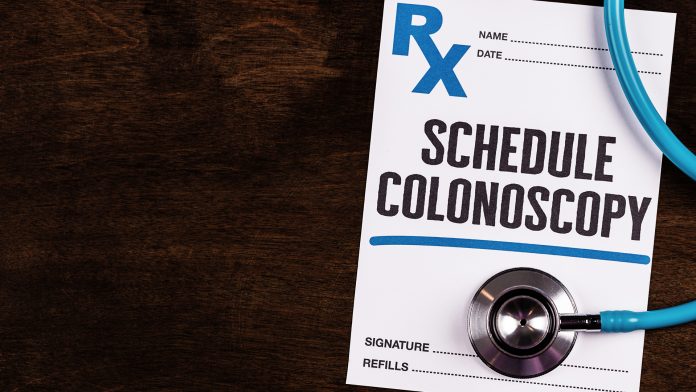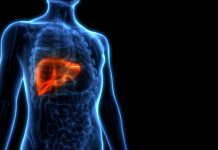
Colonoscopy failures are hindering the chances of detecting colorectal cancer across Europe which, claiming 175,000 deaths per year, is the continent’s second largest cancer killer.
Leading European gastroenterologists are calling for widespread improvements in the quality of detecting colorectal cancer throughout the continent to help reduce colonoscopy failures and colorectal cancer (CRC) mortality rates – And some believe the Netherlands can become a best-practice example to help reduce the burden.
The typical way of detecting colorectal cancer
Colonoscopy is a widely performed procedure for patients with lower gastrointestinal symptoms, conducted to aid CRC detection and explore causes of unexplained changes in bowel habits. An integral element of CRC screening programmes, it is fundamental that colonoscopy procedures are of the highest possible quality to maximise detecting colorectal cancer early and ensure patient comfort and wellbeing.
Leading CRC expert, Professor Evelien Dekker, from United European Gastroenterology (UEG), explains: “Progression from non-cancerous polyps to colorectal cancer will usually take between 10-15 years, leaving a long window of opportunity to detect and even prevent this disease.
“Besides prevention, early detection of colorectal cancer can lead to a 90% chance of survival and, to ensure these survival rates are achieved, high levels of quality in colonoscopy procedures are essential.”
The Netherlands battle to reduce colonoscopy failures
Experts believe that the Netherlands can act as a best practice example for the rest of Europe after becoming the second European country to report on quality indicators of colonoscopy.
Their CRC screening programme demonstrates the highest participation levels across the continent (73%) and recent pilot and implementation studies have taken place to investigate the most effective way of organising screening programmes, including the choice of the screening method and how to encourage participation from members of the public.
“Our studies concluded that the Faecal Immunochemical Test (FIT) is the optimal screening method”, commented Dekker. “Those with a positive result are referred for a colonoscopy.”
A key indicator of colonoscopy failures quality are rates of post-colonoscopy colorectal cancer (PCCRC), which occurs when individuals receive a negative colonoscopy result but are subsequently diagnosed with cancer.
Whilst this can be the result of a rapidly growing new tumour that was not present during the colonoscopy, it is more commonly an indicator of suboptimal endoscopy quality. PCCRCs are more likely to be diagnosed at a later stage than screen-detected cancer, decreasing the chance of survival.
Ensuring the reduction of colonoscopy failures
To ensure colonoscopy is performed at a quality level that minimises the incidence of PCCRCs, the Dutch CRC screening programme outlines certain criteria and requirements for endoscopists conducting the procedure. In line with this, the European Society of Gastrointestinal Endoscopy (ESGE), in collaboration with UEG, has recommended seven key performance measures that should be adopted across Europe.
“We believe that our Dutch experience can serve as an example for colonoscopy quality assurance programmes across Europe” adds Dekker.
“As well as ensuring that the programme maximises detection rates, the criteria assesses patient comfort scores so we can analyse and account for the wellbeing of our patients. Performing procedures that are as comfortable as possible for patients will help to reduce the negative stigma associated with colonoscopy.”
Colorectal Cancer Awareness Month
CRC is the second most common cancer in the EU, with over 378,000 new cases each year. With almost 175,000 deaths annually, it’s the EU’s second largest cancer killer behind lung cancer.
To raise awareness of CRC, European Colorectal Cancer Awareness Month takes place throughout March.






















